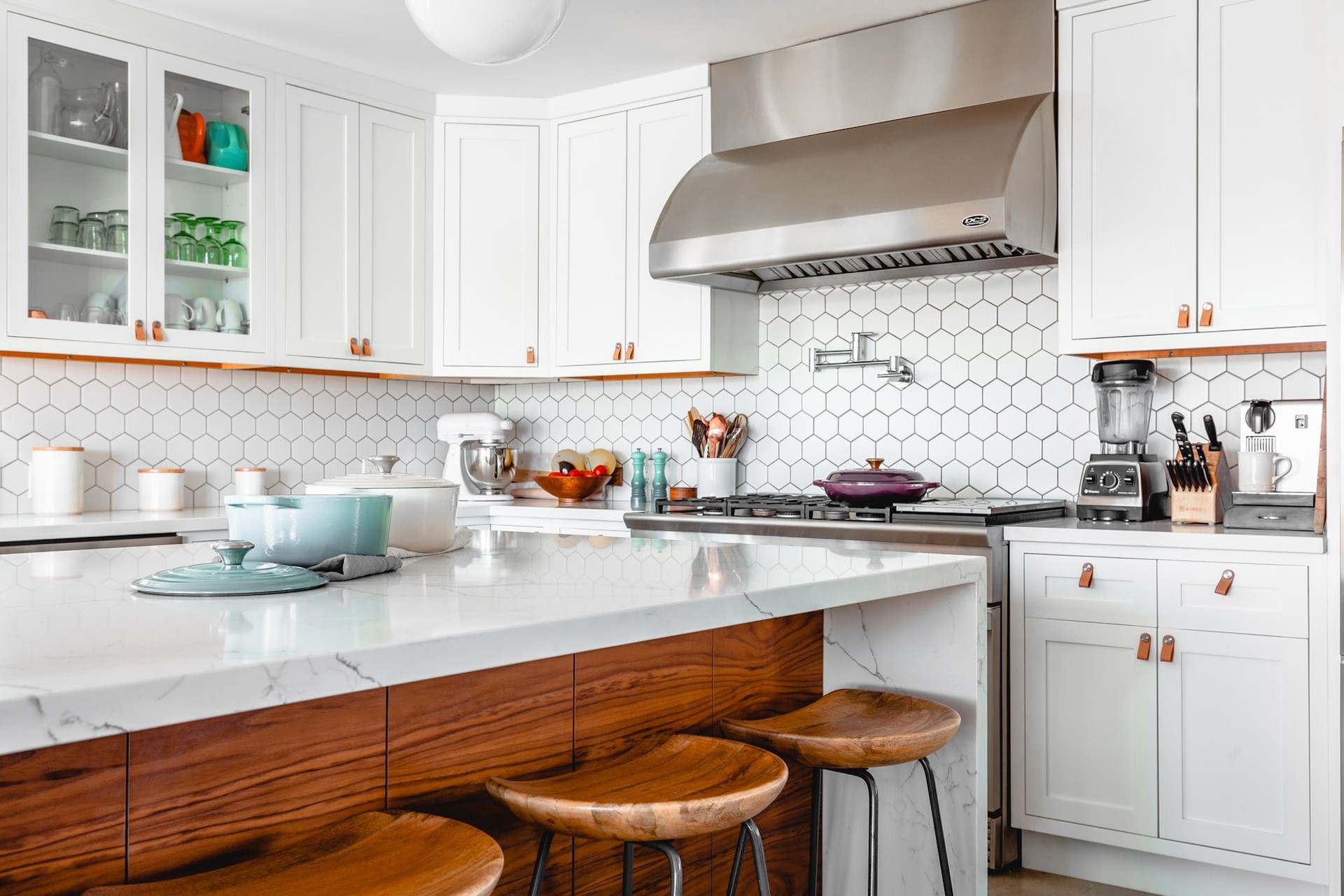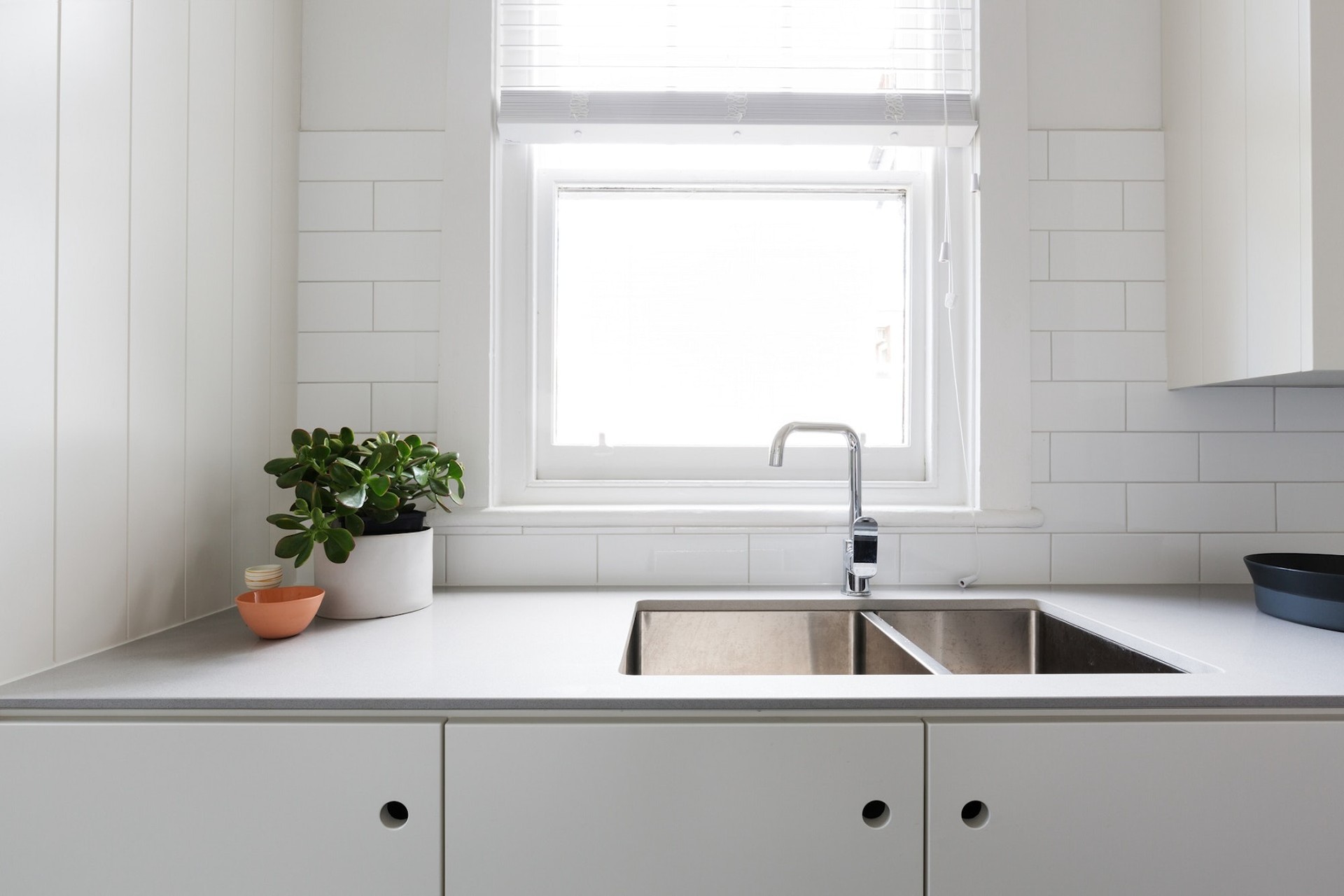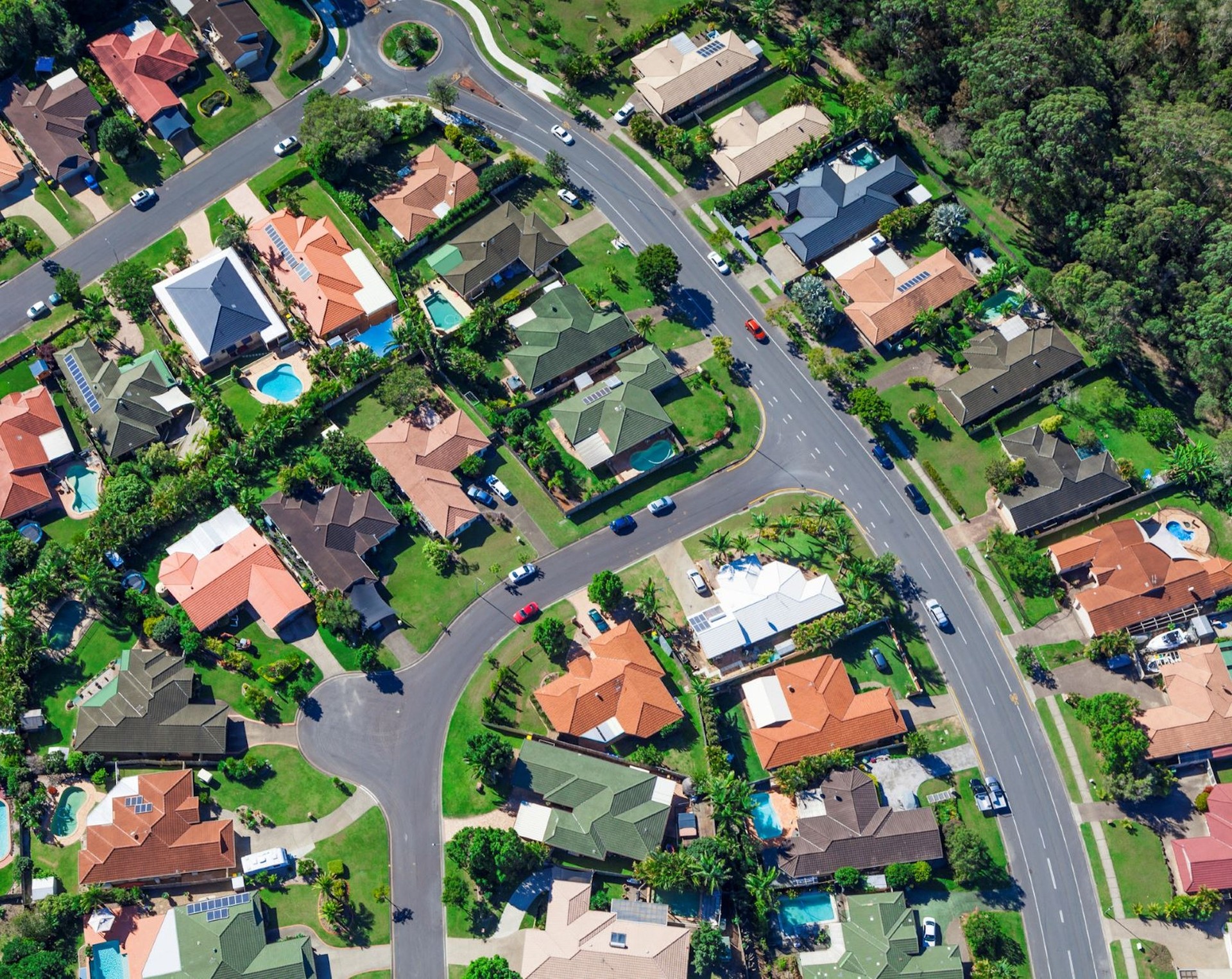In many parts of Australia, the skyrocketing property prices are making the Australian dream of owning a property seem further and further out of reach for many Australians. This is where the idea of rentvesting is emerging to make achieving this dream a bit more achievable.
Rentvesting is a strategy of home-ownership where a person purchases a lower-value house as an investment property and uses the rental income to assist in financing the investor living in another property, typically a more expensive one. For many Aussies, this may be their best chance to enter the property market.
Why do people rentvest?
Rentvesting is a popular strategy for those that can afford to rent in an area but cannot afford to buy. It allows you to live in an area where you want to live in such as the inner-city of Sydney, where your commute to work may be shorter. Rentvesters have saved up enough for a deposit and have the borrowing power to purchase in a more affordable area, but don‘t necessarily want to live in this area.
What are the benefits of rentvesting?
- More flexibility on where you live
A big part of the appeal of revesting is you can live where you want to, with fewer strings attached. You can move easily depending on your personal or financial circumstances. - Living in more expensive areas
Rentvesting gives the investor the opportunity to live in more expensive areas that they would not be able to afford without the income of their own rental property. The affordability of renting a property versus owning it is a big benefit when living in more expensive areas. - Getting your foot on the property ladder sooner
By rentvesting, first home buyers can get into the property market sooner as they can secure properties that require a smaller deposit. Without this, first-home buyers may be forced to wait for several years to purchase a property that suits their needs. Since the property that you are planning to buy is cheaper, it’s more achievable to meet the 20% deposit required to avoid Lenders Mortgage Insurance (LMI). Having a higher deposit (at least 20%) may also allow you to negotiate a better interest rate as your loan value ratio (LVR) will be 80% or less. - Tax benefits
There are several tax deductions you may be able to claim through the Australian Taxation Office (ATO) for your investment property. These could include things like claiming interest from your loan, depreciation costs and insurance and advertising the property. This could make a difference between positive cash flow and negative gearing. - Saving for your dream home
By owning an investment property, you have passive income that may help you save for your dream home in the future. - Making smart financial decisions
When you buy an investment property, your focus is on the potential return on investment (ROI) of the property. If you’re looking at buying a home, there’s typically quite a lot of emotion and excitement when viewing properties. If you view a property as strictly a method to increase your assets and income, you’re more likely to make a better financial decision. You can choose to buy a property in an area that you may not necessarily want to live in but will offer a larger ROI in the future.
What are the cons of rentvesting?
- Rentvesting is not necessarily cheap
It is a more expensive option than just renting, as you will have to pay the cost of owning an investment property and your usual rent expenses. These can be costs such as loan interest and fees, and all property buying expenses (the deposit, conveyancing fees, transfer fees and stamp duty). As mentioned previously, there are some tax deductions available for this however, it can still be quite an expensive option, so considering all costs before entering an agreement is a good idea. Investment loans also typically have higher interest rates which could drive the cost of ownership up. Other costs of owning an investment property include council rates, repairs and maintenance costs, water rates, insurance, property manager and inflation. - Your investment property may not grow in value
One of the main appeals of this property investment strategy is that while you continue to rent, your investment property increases in value. However, this is not a ‘sure thing’. Your property can decrease in value and if your financial situation changes, you may be forced to sell at a loss. - Disadvantages of living in a rental property
By living in a rental property, while you lease your own property, you are subject to the rules of the landlord. This could create uncertainty about your living situation, as the owner can force you out at the end of your lease if the owner wants to sell or vacate the property.
They can also increase the rent whenever they want, which could be particularly difficult for your financial situation if you are also paying off any expenses of owning an investment property. You are also subject to inspections of the home, which may be unwelcome for the sake of your privacy.
You cannot make any adjustments, renovations or changes that you want to do in the home you live in without approval from the landlord, unlike the freedom you get when you live on your own property. - Losing access to government grants
By using rentvesting as a strategy, you will lose your eligibility for government home buying schemes such as the First Home Loan Deposit Scheme and the First Home Owner Grants. These schemes can make buying a house significantly more achievable by lowering the deposit requirements need or providing a cash bonus to aid in meeting the deposit requirements. You will be ineligible for either of these schemes if you own or have owned an investment property. - Rent is dead money
This can depend on your own perspective but there is an adage that rent is dead money, i.e. you’re paying money and not receiving the benefits of working towards owning the property. - Taxes on the sale of investment properties
Whilst investment properties can have upsides when talking about tax, they also have their drawbacks. As a seller of an investment property, you will have to pay capital gains tax (CGT), which is not charged when you live in a property that you own. If you hold your investment property for more than 12 months, CGT will only tax half of any gain made in the sale of the property. You may want to consider setting up your property investment to make a loss as it will allow you to utilise negative gearing. Negative gearing occurs when a property's holding costs are more than the income generated. This allows the debt to be made cheaper as interest on the debt and other holding costs are made tax-deductible. This strategy is only useful if you as an investor are able to service the home loan debt and other expenses and if the value of your property increases over time.
Should I rentvest or buy a home to live in?
Whether you should rentvest or buy is a decision you will have to make based on what you personally value. By entering the market using the rentvesting strategy, its success is usually dependent on solid growth in property values during the period of your investment.
The advantage of buying your own home to live in is that it is typically cheaper than rentvesting and you’ll be able to move into a home that’s yours right away. This means you aren’t having to deal with landlords or any other issues that renters may experience.
The issue that makes home-buyers interested in rentvesting is that buying property in desirable areas can be significantly more expensive and in some cases unattainable without rentvesting. Rentvesting allows you to live in an area you like and build capital growth and rental income while you save to be able to afford a home in an area you‘d like to live in.
Before you choose to buy or rentvest, you must make sure that you can afford to rent and pay off a mortgage.
What are the steps to becoming a rentvestor?
So, you’re interested in becoming a rentvestor? As with any aspect of home buying, you need to have a plan. Here’s what you need to think about before your buy your property.
You need to consider the following when looking to purchase your investment property:
- Property condition
The condition of your investment property is very important to keep in mind. As a property owner, you’ll have to cover expenses to maintain the property and keep it in a liveable condition for your tenant. However, this does not mean that you need to buy a tip-top property as renovation can be a cheaper long-term option. The main goal is to predict and account for foreseeable expenses that may arise in the future. - Rental Yield
Rental yield is essentially the difference between the income you receive from your tenant minus the costs of owning your investment property. With this, you’ll be able to have a clear picture of your income that you can use towards paying your own rent. - Location
Different markets will have different long-term or short-term growth prospects and this should be a key consideration for you when looking to purchase your investment property. You can either do your own research or outsource to a buyer‘s agent. Something to consider for example would be amenities such as shops, public transport, schools, and cafes can indicate a promising market for growth. - Vacancy rates
Vacancy rates are a very important factor when looking to buy. For the strategy to be effective, you should have a consistent and reliable income from the tenants of your property. If you choose to evict your tenants or they move on, you don’t want to be waiting around for a long time before getting new tenants in. If vacancy rates are high, it could take an extended time to get new tenants which could put you in financial distress as you will have to pay your own rent as well as your mortgage payments. - Deposit size
As with all property buying, the larger your deposit, the better off you are. Having a higher deposit means you are borrowing less money from the bank, which means less interest and avoiding paying lenders mortgage insurance (LMI). Higher deposits are also attractive for lenders which increases your odds of approval for your loan. - Long term strategy
Rentvesting as a long-term strategy requires consideration and scouting locations that have a high potential for long-term growth, or as a location that you might want to live in down the line. Having a long-term plan can help ease your worries if you don‘t see immediate growth in your investment property’s value. - Extra costs
Owning the property doesn’t just mean paying off your mortgage and paying rent to your landlord, there are extra costs that you must consider when deciding if this strategy is financially viable for you. These costs could include property management and maintenance costs, dedicating money for emergency expenses and so forth.
When looking at renting in your ideal location, you need to take a look at how much you will actually be paying in rent to live there. Paying rent alongside your investment loan could be a higher cost than you expect and may cause adjustments in lifestyle or struggling to live within your means. Before jumping into a decision, you should calculate a budget. This will give you a better overview of your necessities, ability to save and money for your lifestyle. From this, you can estimate a price range in which you could realistically afford rent, whilst comfortably remaining within your budget.
The renting process can actually be easier once a property manager is aware that you own an investment property as it demonstrates that you understand the importance of paying rent on time and can look after a property.
When you’re looking at moving out of the home you are renting, it is possible to use the equity in your rental investment instead of a cash deposit. This is done by borrowing against the equity by obtaining a second mortgage loan or drawing down your existing loan.
Any questions about your home loan?
YouBroker’s team is here to help you. Let us know any questions you have right here at your convenience!



